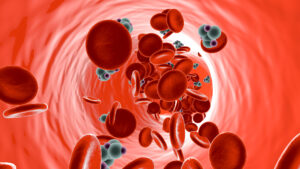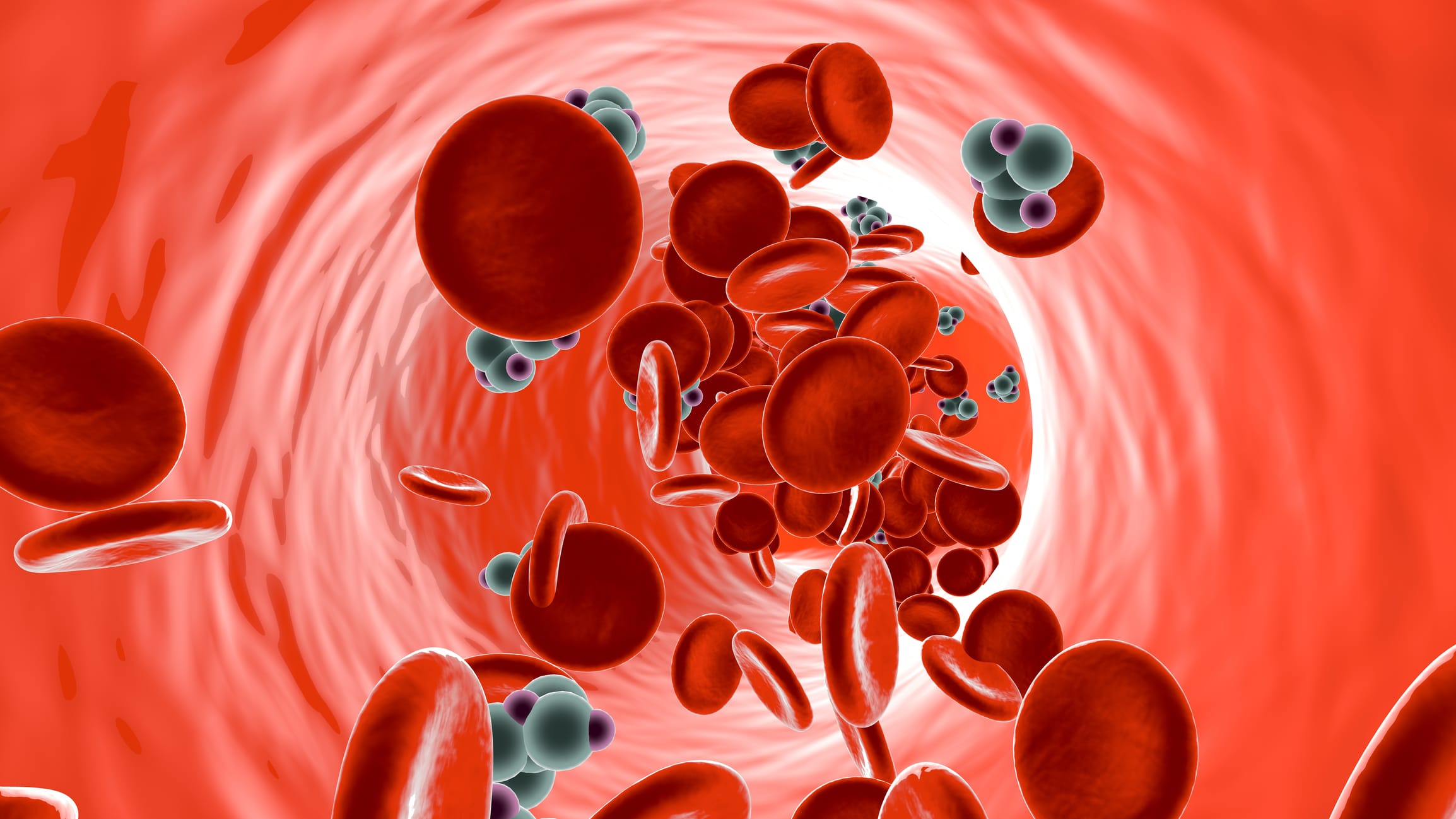I wanted to understand the changes my body is going through, but I didn’t want more lists of the effects you feel when you stop excess sugar (and carbs like white flour and white rice). I wanted to know what changes inside the body physiologically and chemically. This is what I found.
From this article:
At first, the brain experiences a rapid reduction in dopamine, which can lead to depression, anxiety, brain fog, headaches, fatigue, dizziness and strong cravings for sugar (cravings, right, duh).
From this article:
- Insulin levels stabilize
- Blood sugar levels stabilize
- Hormones, including those that regulate fat storage, return to normal levels
- Excess candida albicans growth dies off
- Gut flora normalizes
- Inflammation reduces
- Triglyceride level goes down
- Cholesterol level goes down
Now we’re getting somewhere!
From this article:
Your brain experiences lower levels of dopamine and serotonin.
The skin’s elastin and collagen are strengthened and the level of inflammation present in the skin goes down.
“You get a greater degree of slow wave sleep (SWS), the restorative sleep that consolidates memories and information learned throughout the day, and rapid eye movement (REM) sleep, the dream phase.”
From this article:
“Sugar attaches itself to proteins and produces molecules called advanced glycation end products. These reduce the effectiveness of elastin and collagen, which are proteins in the skin” that cause fullness and elasticity. (This article talks about stopping sugar causing middle-aged and old people to look younger.)

Illustration 73992647 © Spectral-design | Dreamstime.com
From this article:
“Glycation is a chemical reaction that causes sugar molecules, such as glucose or fructose, to bind to proteins and lipids throughout the body. The result is the formation of advanced glycation end products, or AGEs. When this occurs, the proteins and lipids involved in the glycation process become damaged and are unable to perform their normal functions properly.”
So that’s why eating lots of sugar causes so much damage to your whole system.
From this article:
“The glycation process leads to a loss of protein function and impaired elasticity of tissues such as blood vessels, skin, and tendons. The glycation reaction is highly accelerated in the presence of hyperglycemia and tissue oxidative stress.”
So less sugar means more elasticity in blood vessels, skin, and tendons.
The article goes on to say: “Oxidative stress has a very important role in the mechanism by which AGEs form and accumulate, and has been implicated as a key factor in the progression of various diseases, including chronic diseases such as diabetes, Alzheimer’s disease, and aging.”
This must be, at least part of, the link between sugar consumption and Alzheimer’s that I’ve heard about.
From this video on addictive behaviors:
Here’s some hope for those cravings! This video explains that the brain’s response to dopamine is so powerful that we’re motivated to repeat anything that causes a big dopamine increase. But if you repeat a high-dopamine activity enough, the brain gets used to high dopamine levels. Then it needs more and more dopamine just to feel normal. So you consume more junk food or gamble more money even when you see the damage it causes.

Photo 168397443 © Agsandrew | Dreamstime.com
(Unfortunately, I trained my brain to crave the huge zings it got from frosted layer cake, cream-filled donuts and snack cakes with cream filling.)
But a lot of things cause at least a small increase in dopamine, so while your brain can get hooked on the big hits, you can also retrain it to become content once again with the smaller dopamine hits of a normal, non-addictive life.
That means that while it’s true that a carrot now tastes sweeter to me because I stopped all the processed sugar, it’s also true that the dopamine hit I get from a carrot will increase after my brain recalibrates from what it was used to. That means I won’t have to live in constant deprivation and craving. My brain just needs to adjust to normal dopamine levels and be content with smaller dopamine increases. (I think I achieved this recalibration the other times I quit sugar, but then I RE-retrained my brain to be hooked on sweets because I couldn’t break my emotional need/habit for cake.)
All right. I’m satisfied. If anyone has any more articles on what’s happening on a physiological level when you quit sugar, please let me know.
By the way, many articles about quitting sugar are published with photos of donuts and cookies and other sugary crap, so the advice to reduce sugar is directly undercut by the desire for sweets the photos cause. Asshole editors.
7 June 2023




You give some strawman arguments.
“Arguments?”
Great info, Regina! Vey interesting and motivating. Thanks for doing all the legwork for the rest of us. Love your last comment, too!
You’re welcome. I wanted to put this information where I could find it again.